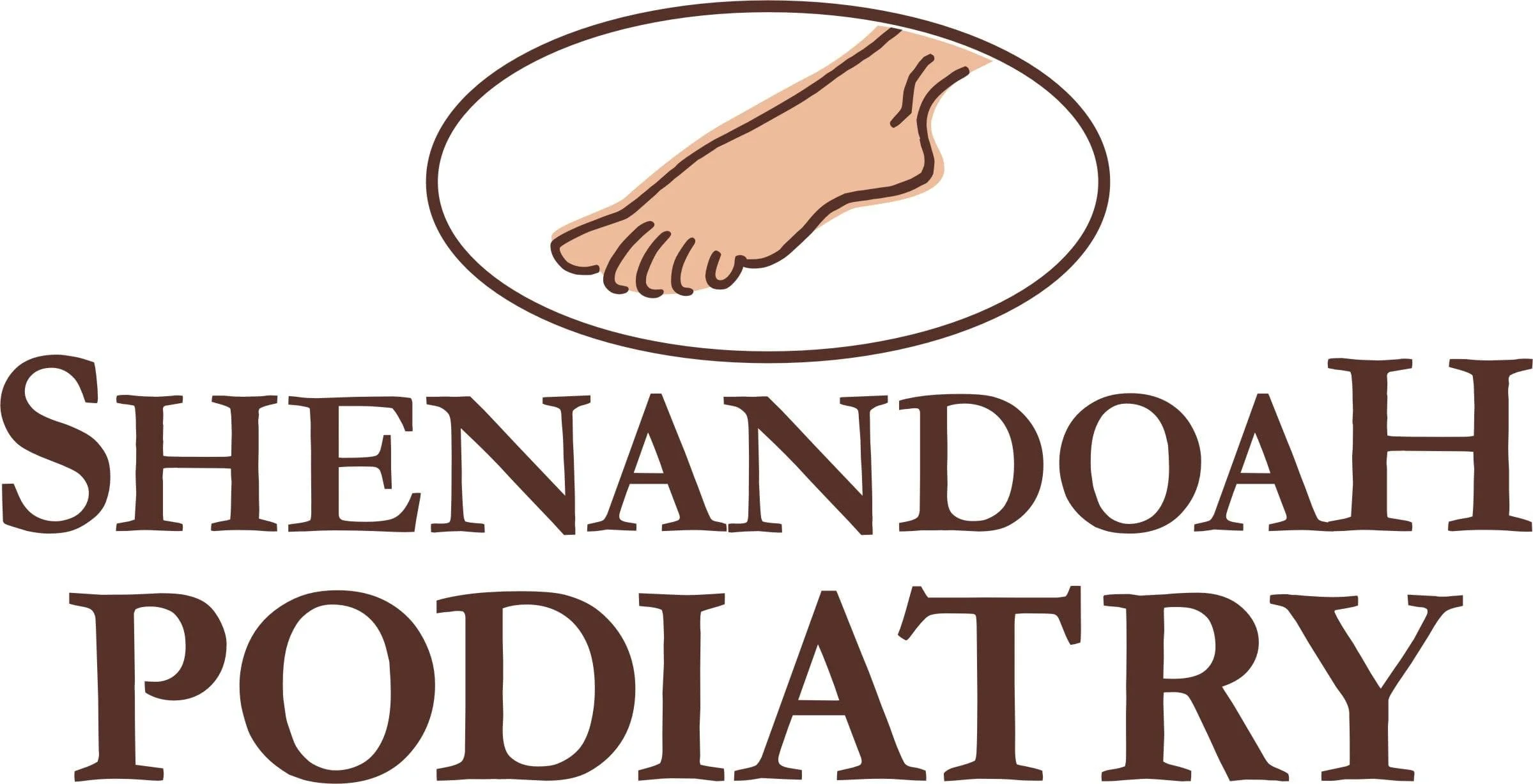
Keep your calendar open for June 20 at 9:00 pm so you can participate in Roanoke’s only night race – Light up the Night 5k Run/Walk. This event is great for competitive or recreational runners and will take you through town while the sun is setting. Whether you are interested in fun runs at night or want to start a running workout for your personal health, it can be helpful to know a bit about pronation and the different variations.
Pronating is a natural, biomechanical process that your feet perform with every step. In order to help accommodate the tremendous amount of forces that your lower limbs absorb with impact, your feet undergo a slight inwards rolling motion (pronate). This motion is intended to distribute the forces more equitably across your foot. All feet are not identical, and this process is not the same for everyone.
There are essentially three different types of pronation while walking or running, and they are generally related to your arch style:
- A neutral arch style is often associated with normal foot motion in the stride. An individual’s foot rolls inward approximately fifteen percent, which allows an optimal distribution of the forces that accompany a step. The process begins with the heel striking the ground and continues through the final push of the toes.
- Flat feet (low arches) typically result in overpronation. With this variation, the inward roll is excessive and the shock of impact is not absorbed in an efficient manner. At the conclusion of the gait cycle, the big and second toes do most of the work for pushing off the ground.
- High arches (cavus foot) generally cause supination. When a patient supinates, his or her feet do not roll nearly enough and this causes the outside edges to endure more force than they are intended to.
When your gait causes pronation problems, it is important to know where to find help. If you live in the Roanoke, VA area, Shenandoah Podiatry is here for you. Our foot doctors are skilled in crafting custom orthotics and providing treatment to help any problems that arise from overpronating and supinating. Contact us today by scheduling your appointment online or calling (540) 904-1458 for our Roanoke office.
